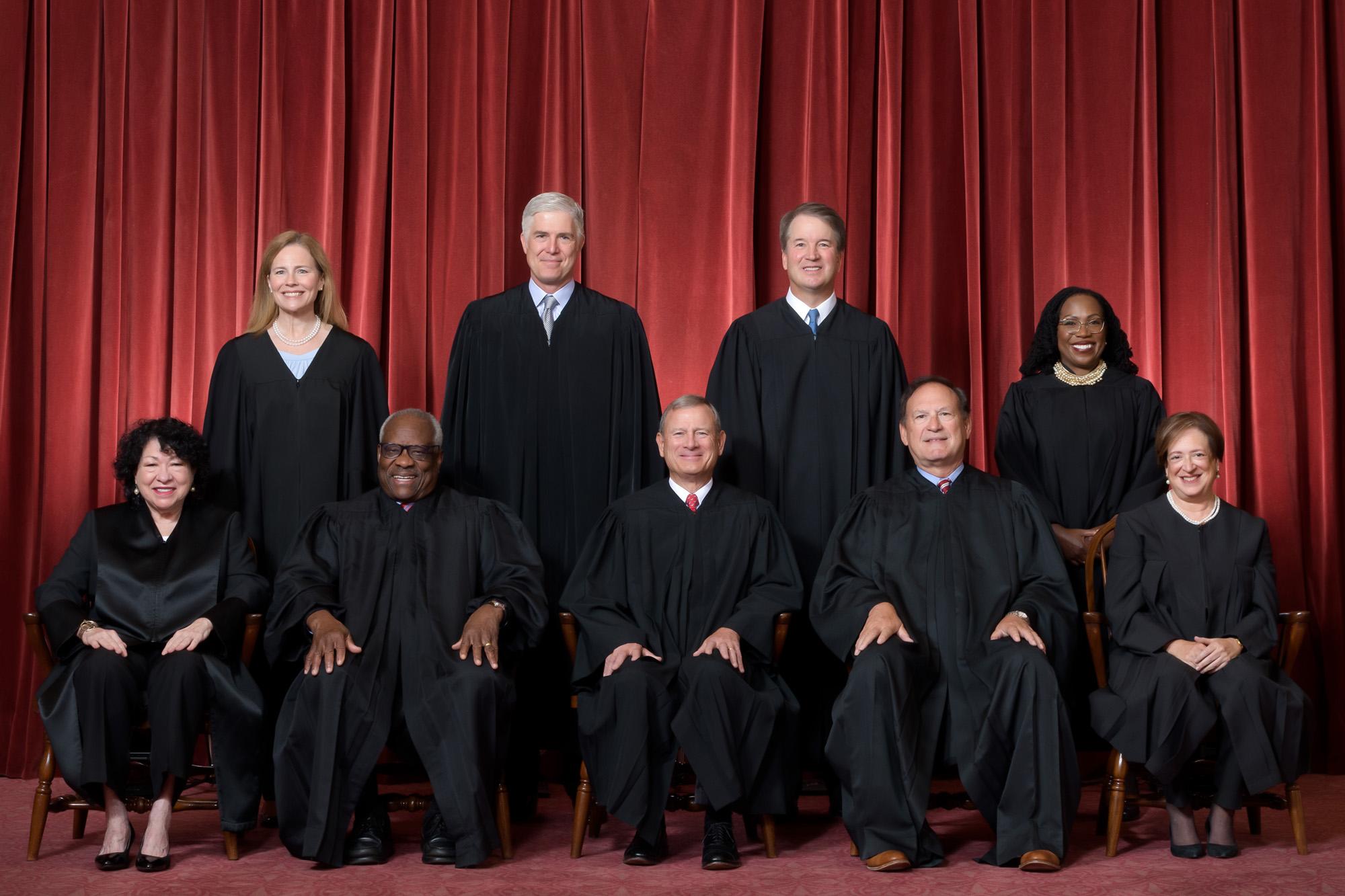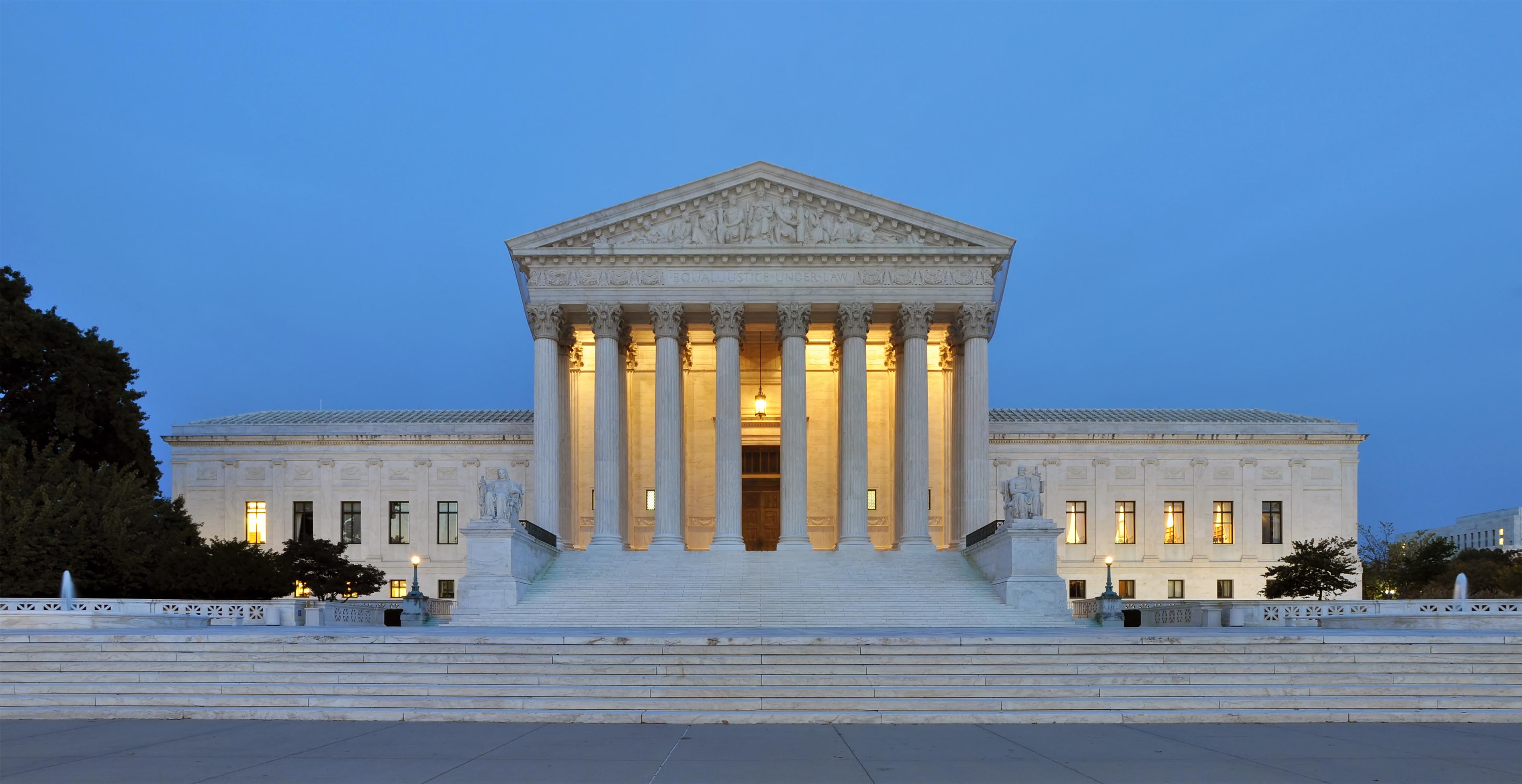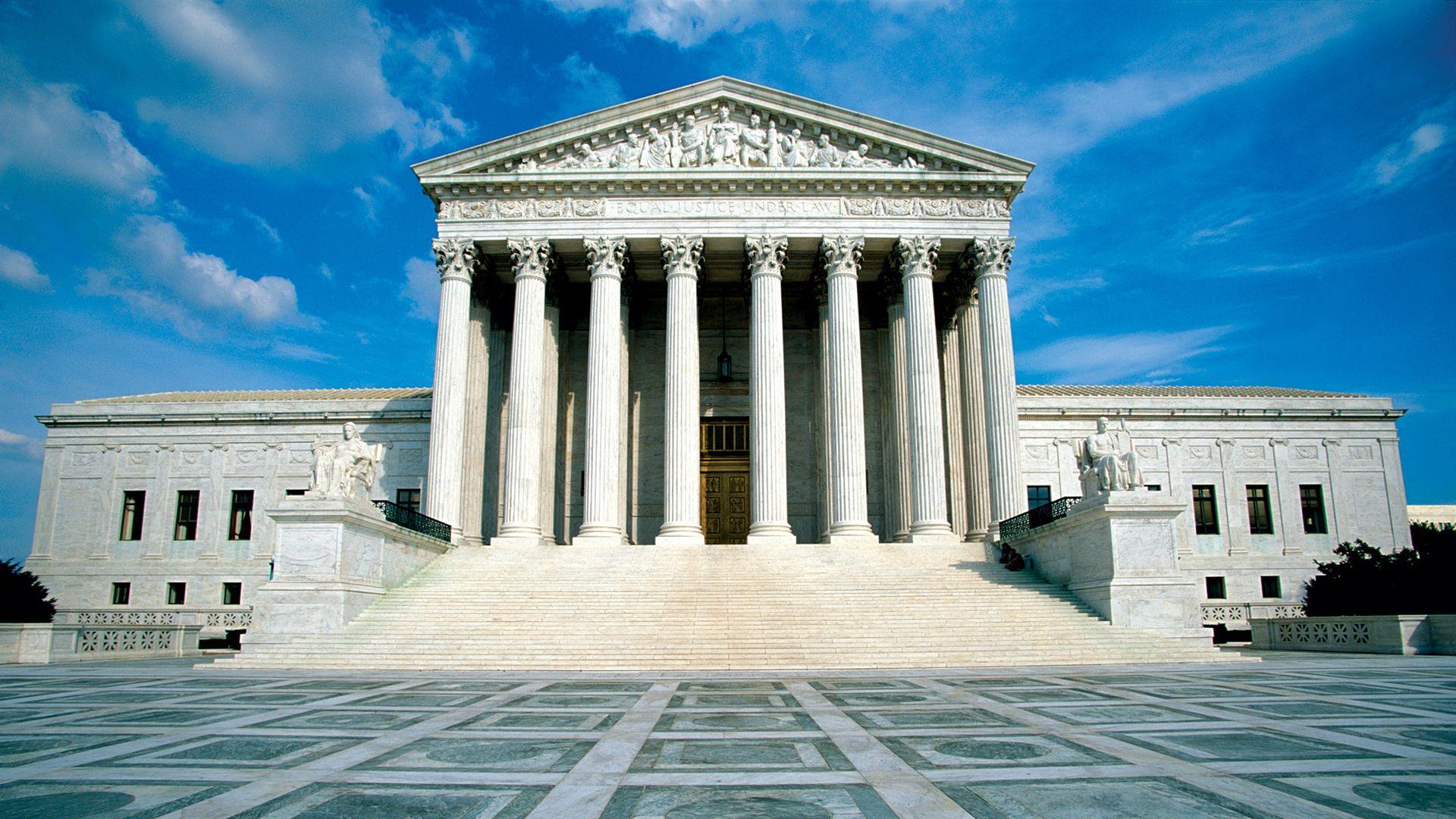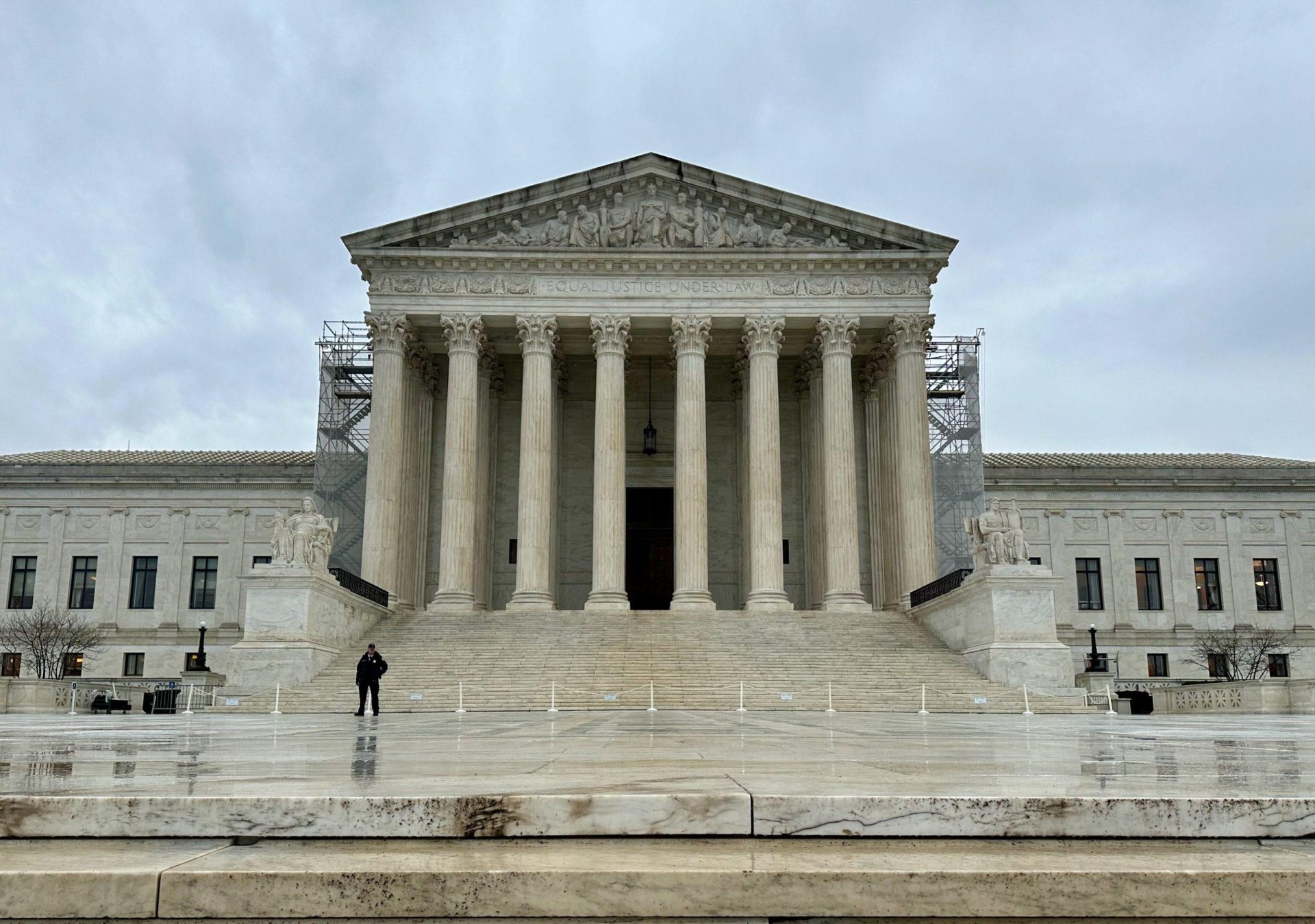X’s Legal Battle: The Push for User Privacy in Cryptocurrency Transactions
In a pivotal move that could reshape the landscape of user privacy in cryptocurrency transactions, X has taken its case too the Supreme Court, seeking to protect Coinbase users from what it contends is an excessive IRS inquiry. The legal battle underscores a growing tension between regulatory bodies and tech-centric privacy advocates. X argues that the IRS’s demands for user data infringe on the privacy rights guaranteed under the Fourth Amendment, positioning the issue within a broader discourse on civil liberties amidst rapidly evolving financial technologies. By challenging the IRS’s authority, X is not only defending its platform and users but is also igniting a crucial dialog around the need for clear regulatory guidelines that respect individual privacy expectations.
Supporters of X’s position highlight several key aspects of the case, emphasizing pivotal points that could sway judicial perspectives:
- Protection of Personal Data: The case raises critical questions about data ownership and user consent in the digital age.
- Precedent for Future Cases: A ruling in favor of X could set a legal precedent, safeguarding user data in future regulatory inquiries.
- Impact on User Trust: Ensuring privacy could foster greater user trust in cryptocurrency platforms, essential for broader adoption and innovation.

Understanding the Implications of IRS Investigations on Coinbase Users
The implications of IRS investigations for users of Coinbase could be profound, especially as regulatory scrutiny in the cryptocurrency realm intensifies. As government entities ramp up efforts to ensure compliance with tax laws, Coinbase users may face increased pressure to document their transactions and report any potential discrepancies. This situation can give rise to several concerns, including:
- Privacy Risks: Users may fear their financial activities are being monitored, leading to a chilling affect on investment behavior.
- Compliance Burden: More stringent reporting requirements could overwhelm users unfamiliar with the complexities of cryptocurrency taxation.
- Potential Legal Repercussions: Users could face penalties or audits if the IRS finds irregularities in their transactions, even if those irregularities are unintentional.
As the legal battle unfolds, the outcome may set a notable precedent for the treatment of digital assets and user privacy. If the Supreme Court rules in favor of protecting Coinbase users from expansive IRS probes, it could signal a cautious approach to government oversight in the cryptocurrency space. Conversely, a ruling that supports the IRS’s investigative reach may embolden tax authorities to seek further disclosures from users of not just Coinbase, but also other platforms, leading to a wider net of scrutiny over the burgeoning industry. Stakeholders will need to remain vigilant as the situation progresses,understanding that compliance,education,and proactive measures will play crucial roles in navigating these uncertainties.

the Intersection of Cryptocurrency Regulation and User Rights
In a significant move, the ongoing dispute surrounding Coinbase users and their rights against IRS scrutiny has captured widespread attention. The legal arguments presented argue that the government’s investigation into the digital assets held by Coinbase users could infringe on several critical rights, including due process and privacy. Advocates for user rights are emphasizing the need for clear regulations that distinguish between legitimate oversight and overreach,asserting that protections must be in place to safeguard individuals from unwarranted invasions into their financial activities.
Central to this debate is the interpretation of law as it pertains to cryptocurrency transactions. As cryptocurrency gains mainstream acceptance, the resolution of this case may set critical precedents for the treatment of digital assets. Stakeholders are urging for a balanced approach that considers the following aspects:
- Openness: Clarifying the legal standing of cryptocurrency holders.
- Privacy Rights: Ensuring that personal financial data is not subjected to unnecessary exposure.
- Regulatory Clarity: Establishing guidelines that protect users without stifling innovation in the crypto space.
As the Supreme Court deliberates, the outcome could reshape the landscape of cryptocurrency and define the balance between regulatory oversight and user rights, echoing concerns about privacy in the digital age.

Future Considerations: navigating Compliance and Privacy in Digital Finance
the growing tension between regulatory compliance and user privacy has become a defining issue in digital finance. As the legal landscape evolves, organizations must proactively navigate complexities arising from government inquiries, especially as cases like the one concerning coinbase highlight the risks faced by users.The ongoing Supreme Court case poses significant questions regarding user data privacy and the extent to which financial platforms can be compelled to disclose sensitive facts. Key considerations that stakeholders must keep in mind include:
- user Consent: Ensuring that users are fully informed about how their data might potentially be used or shared is essential for maintaining trust within digital finance platforms.
- Regulatory Compliance: Adapting to rapidly changing regulations while balancing privacy concerns can pose significant operational challenges for companies.
- Legal Precedents: Outcomes from cases like this could set critical precedents affecting the rights of users and the obligations of financial services providers.
With regulators increasing scrutiny on cryptocurrency transactions, companies must prepare for evolving compliance requirements that prioritize user security without compromising transparency. the implications of this case not only affect Coinbase but also resonate across the industry, prompting other financial institutions to assess their own frameworks surrounding compliance and privacy. As digital finance grows in prominence, safeguarding user privacy while adhering to regulatory demands will require innovative solutions and collaborative efforts between tech companies and lawmakers.
